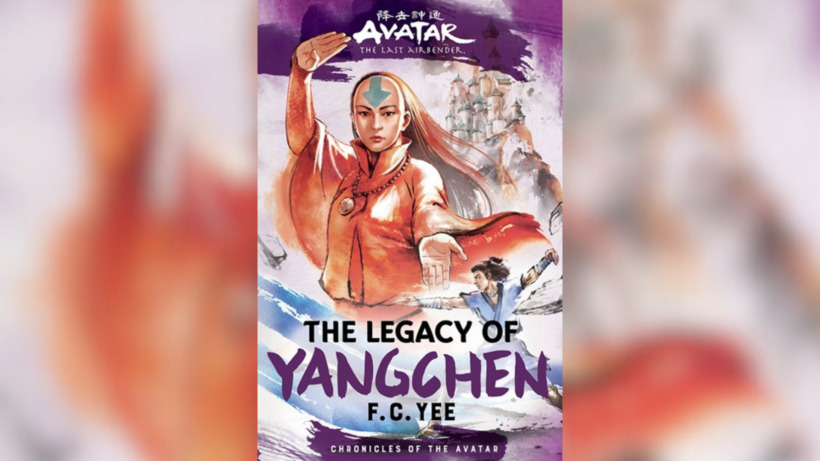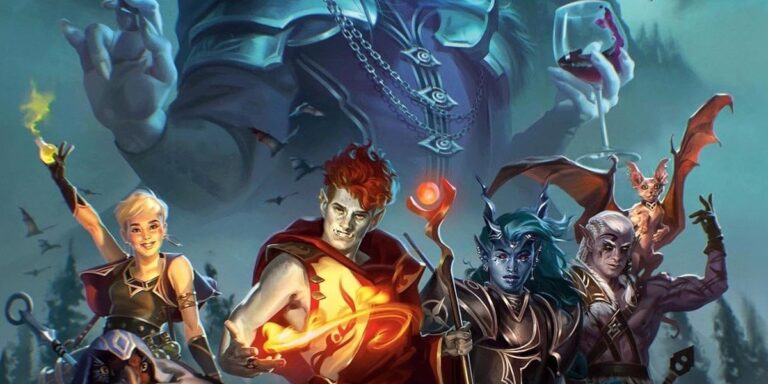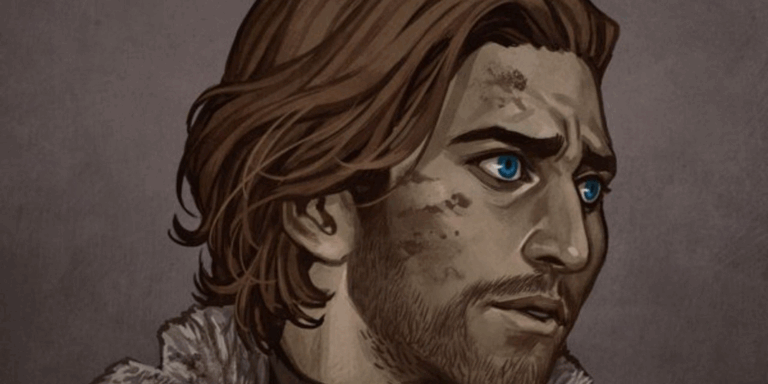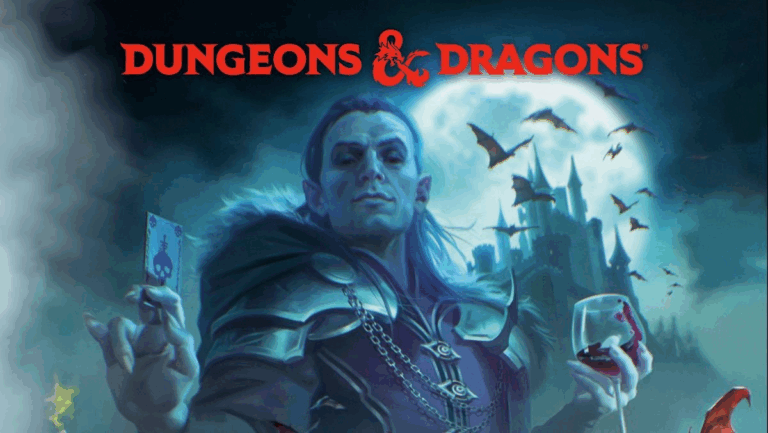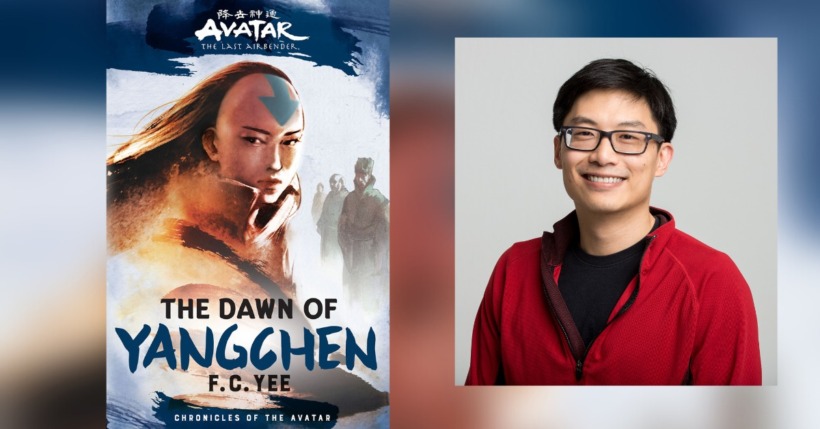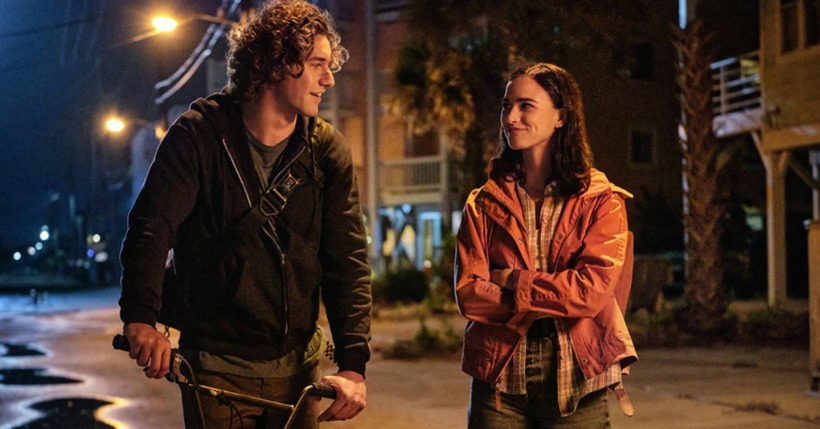F.C Yee concludes the Yangchen duology by exploring the nuances in politics, friendship, and the inherent imbalances that exist in the Avatar: The Last Airbender world. (This review contains spoilers for both Dawn and Legacy of the Yangchen series, so proceed with caution!)
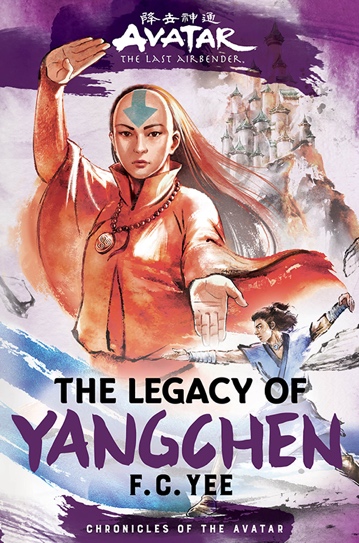
The Legacy of Yangchen
The Legacy of Yangchen picks up a few months after the Unanimity events of the last novel. After saving Bin-Er from the combustion firebenders, Yangchen is now further involved in the politics at the heart of international trade for the Four Nations. No longer just an Avatar, Yangchen must take on these additional roles and the people impacted by her actions.
Distrustful of the current shang system in place, Yangchen has to lie and adopt management of Bin-Er to keep it from further collapse. At the same time, she keeps the rogue Unanimity firebenders under the “care” of the airbenders in the Northern Air Temple (As Sonam says in the previous novel, “You have made jailers of us.”) Yangchen is also short on friends and allies: her relationship with Kavik has suffered after his betrayal, which also upheaved the lives of Akuudan, Tayagum, and Jujinta.
The fallout of Unanimity continues and builds: Chaisee continues to plot with Kavik’s brother Kalyaan to maintain power including over the other world leaders. Yangchen is forced to strike a rough alliance with the White Lotus, knowing that Kavik will report back to the secret organization.
An Avatar and Her Companions
Nevertheless, Yangchen and Kavik’s partnership is not as it was, with neither sure about if they could rebuild their friendship. Throughout the book, this platonic relationship is one of the shining parts of the novel. It is a question of trust and the uneasy imbalance of an Avatar and her companions. With the honor and prestige that may come with being a companion, how much of a choice is it? What are people’s true motivations for the association? And how do you build the trust between Avatar and companion to be able to have those difficult conversations?
In some ways, Yangchen’s legacy is about the bonds created and broken with the people around her, and the ripple effects of their actions after being with her. It’s a consideration Yangchen has with combustion bender and eventual ally Yingsu. Yangchen wishes she could make her a more open member of the team, “But in the end, everyone had to decide for themselves.”
Her strained relationship with Kavik takes this a step further, as Kavik is told what to do by his brother, Mama Ayunerak, and Yangchen herself. As he works to get back into Yangchen’s good graces – not merely out of guilt, but a desire to do the right thing because he supports and believes and her – it’s the choices that he makes amidst his own inner conflict that eventually eases the book-long tension.
Inner Imbalance
Much like the first novel, Yangchen fears being found out as a fraud. Though it’s never called Imposter Syndrome, the parallels are there. Knowing that she has phenomenal power and no real peer, Yangchen’s not confident in her abilities to manage world politics. She worries that others will believe she is incapable of being able to enact changes on the world stage; and accurately, as this is Mama Ayunurak’s point of view.
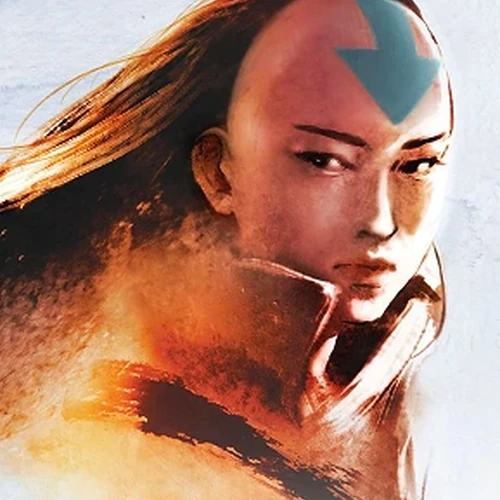
But in spite of, or because of, her flaws and insecurities, Yangchen is always a sympathetic character. She is well aware of the contradictions and nuances of her actions. Still mourning Jetsun, Yangchen attempts to save her in the Spirit World’s fog, until Kavik is able to rescue her. Yangchen’s internal turmoil is partly because she has no one else who truly understands her, when perhaps Jetsun would have.
Though the Avatar is the symbol of balance of the two worlds, the longevity and legacy creates another need for balance for the individual. How does one balance the successes and failures of your predecessors, while being able to have your own? How do you maintain peace and faith in humanity when it has historically tested every other incarnation?
While Yangchen can tap into her predecessors’ knowledge and experiences, she struggles to maintain her own identity and sense of self when tapping into the Avatar state. This problem is never fully explained or resolved, but it is implied that it is due to Yangchen’s own personal turmoil and anxiety of who she is and how she sees herself. It is a fitting theme for a book series that tells the lives of Avatars that we thought we knew.
Future Avatar works
This is what I appreciate about Yee’s series on Kyoshi and Yangchen. We learn more about the Avatars that are valorized and mythologized in the animated series, diving into these characters in a different way. Much like the graphic novels, the books are a snapshot of their adventures, without being fully biographical. These stories allow readers to find similarities among all of them. As the Avatar universe expands with more films and series, I’m excited to see the stories and journeys to come.

